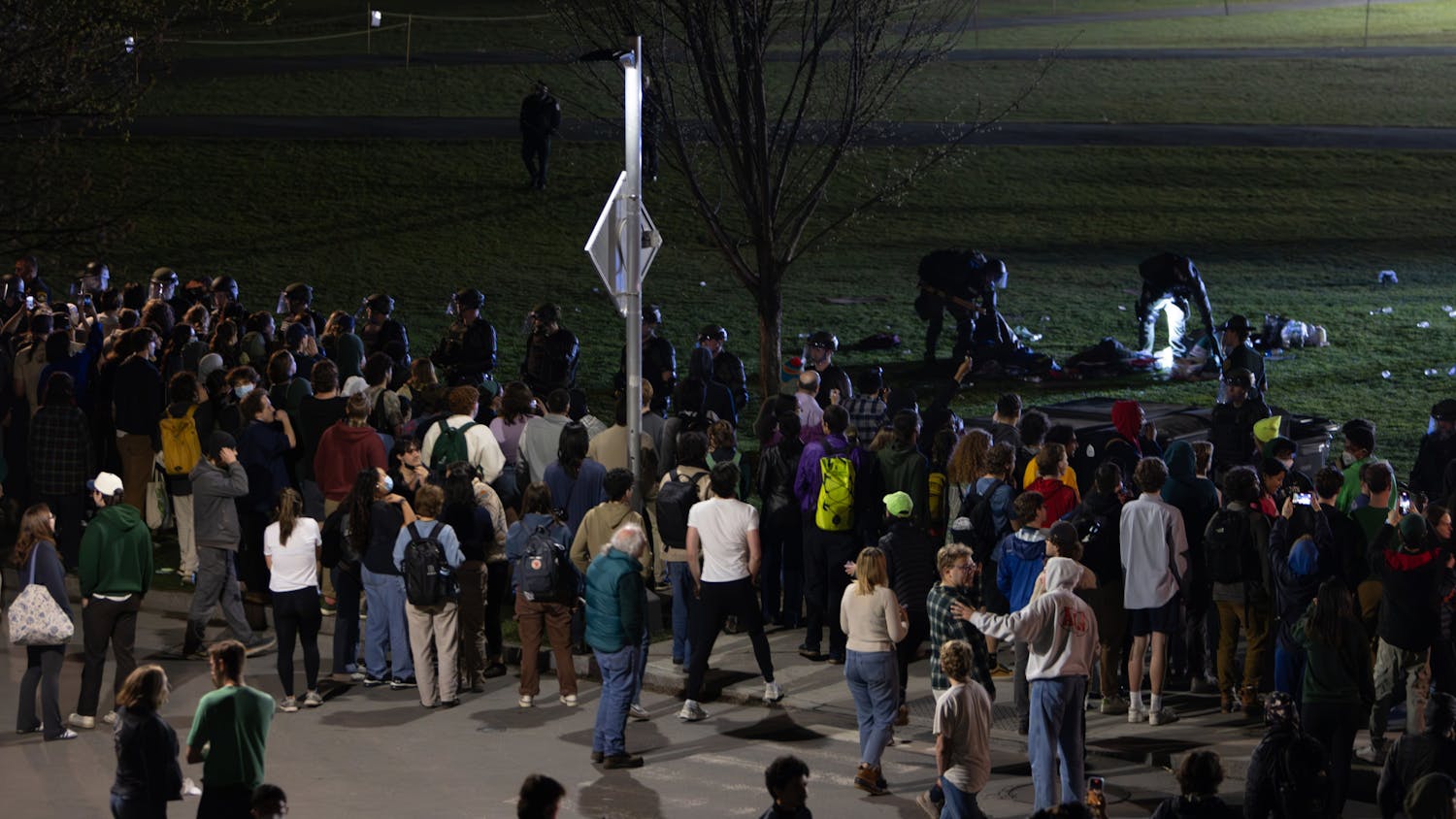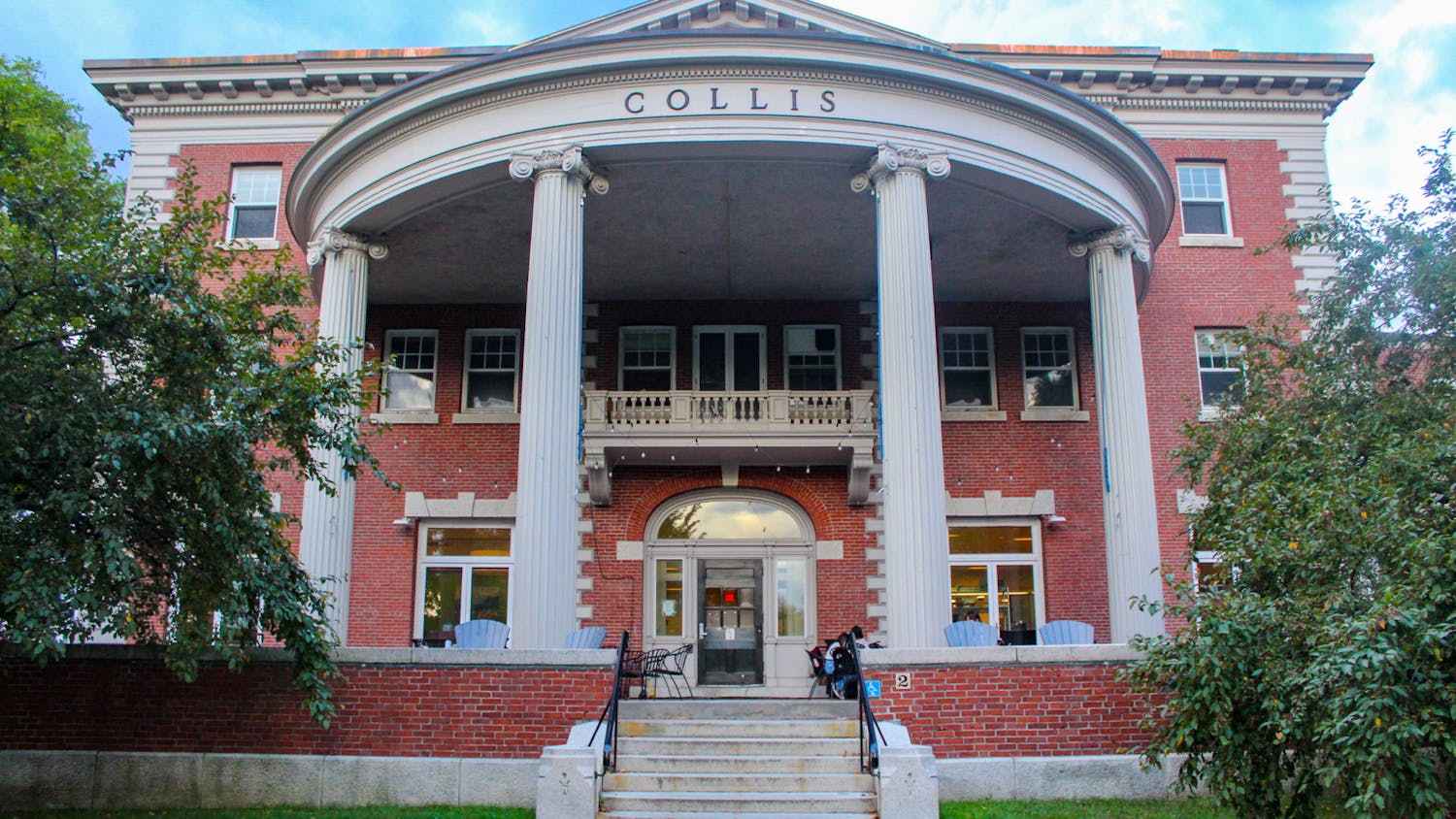International students may need to be even more careful in the coming months, following a new federal policy issued by the U.S. Citizen and Immigration Services. The policy, which went into effect on Aug. 9, changes the way “unlawful presence” is calculated for students on the F, J and M visas.
Though the implementation details of the policy remain unclear, should students accidentally violate their visa status through any number of small errors and begin accruing unlawful status, they have the potential to be barred from re-entry to the U.S. for three or 10 years, depending on the length of the overstay.
Prior to this policy, unlawful presence began to accumulate only after a status violation was formally found by an immigration official or an immigration court. Following this finding of status violation, the non-immigrant would be given a certain number of days to leave the country and only accrue unlawful presence should he or she fail to comply.
Director of the Dartmouth Office of Visa and Immigration Services Susan Ellison said that under the new rules, after a status violation, unlawful presence can begin to accrue “whether you know or don’t know that you have violated your status, and whether that violation was intentional or unintentional.”
Status violations for student visas include failure to report an address change within 10 days of a move, accumulating more than 20 hours of work in a week or working for an entity other than the College.
This change could have a long-term impact. Students who accrue more than 180 days of unlawful presence can be barred from re-entry for three years upon their exit from the country, while those who accrue unlawful presence for more than 365 days can be barred for 10 years. These consequences have not changed, but the change in how unlawful presence is counted means students may be accumulating days of unlawful presence unknowingly.
Agencies like USCIS, Customs and Border Protection and the State Department have yet to fully develop details regarding the policy’s implementation, meaning the policy’s impact is still unclear, according to Ellison.
Sayuri Magnabosco ’21 said the policy does not seem to have had a noticeable effect on international students or morale.
“I think the policy, right now, doesn’t affect us,” Magnabosco said.
Ellison said that as students already strive to maintain their status, those students should be safe, as the policy only affects those who violate their status. She added that she worries about the “more vague areas” of the policy, where there seems to be room for “very subjective determinations about what can be a violation of status.”
Catalina Garcia Valenzuela ’21 noted that since international students are already aware of the dangers of negligence, this new policy does not seem to have changed students’ attitudes.
“From the beginning, you’re told to be careful,” Garcia Valenzuela said. “So now it’s like extra-careful, but you’re already being careful. So at least on my end I’m not particularly worried.”
Svetlana Riguera ’21 also said OVIS emphasized the need for international students to be cautious. OVIS associate director and international student undergraduate advisor Marcia Calloway always tells students to “err on the side of caution,” Riguera noted.
Magnabosco added that students are encouraged to meet with OVIS before making any decisions, such as taking a job that might jeopardize a student’s status.
Ellison said she hopes that the policy will become clearer as agencies develop implementation methods, so that students and advisors know best how to respond.
“I just hope that when [the policy] is implemented, it’s done fairly, and that the government provides us with a more clear framework as to how this is going to be done,” she said. “Right now, I think it’s causing a tremendous amount of confusion, I think it’s causing people to be worried, and it shouldn’t be that way.”
Ellison noted that the Aug. 9 policy is part of a larger “nonstop assault on immigration,” which also includes the February 2017 travel ban and the January 2017 executive order titled “Enhancing Public Safety in the Interior of the United States,” which was a part of President Donald Trump’s immigration policy and highlighted visa overstays as an issue.
Ellison emphasized the importance of spreading the word regarding the policy.
“It’s critical that students know about it,” she said.
OVIS sent an email to all international students under the F or J visas when the policy went into effect.
Tehut Biru ’21, however, said the email from OVIS was long and technical, and that she “didn’t get the importance of the email, the gravity of the situation.”
Ellison confirmed that OVIS is planning to offer information sessions for students, faculty, staff and others who want to better understand the policy change. OVIS held similar open sessions following the 2017 travel ban went into effect.
In addition to the email, Ellison said OVIS also updated its website page that summarizes federal immigration policy changes and added information to its Facebook page. Incoming students heard about the policy change during international student pre-orientation.




